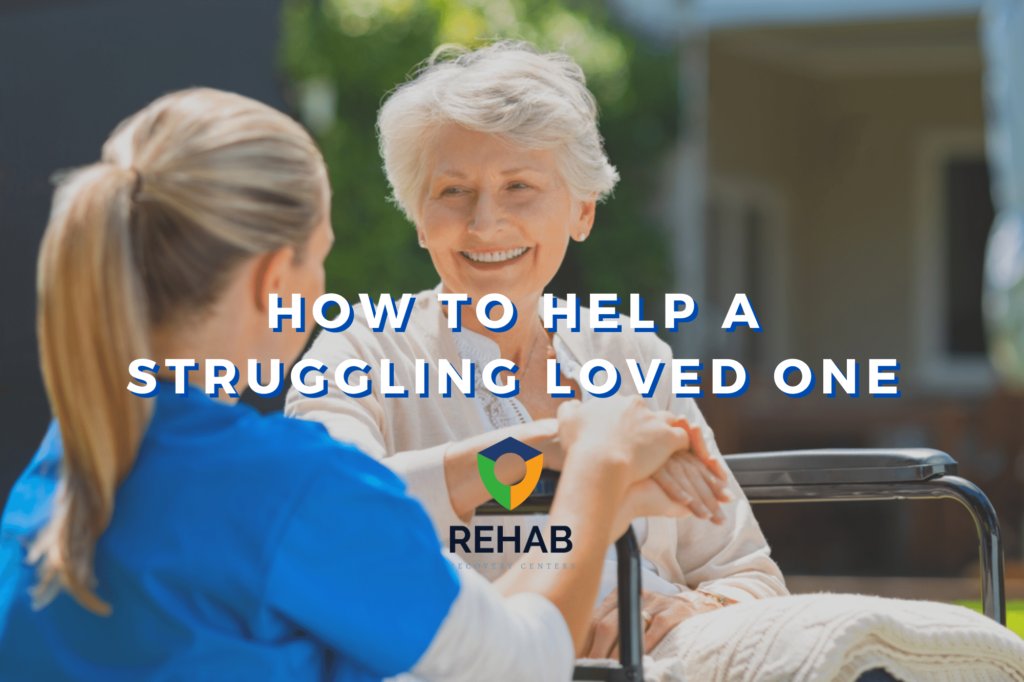Table of Contents
According to the National Institute on Drug Abuse, individuals diagnosed with a mood disorder are twice as likely to abuse substances than someone without a mood disorder.
It’s hard enough for a person to experience one of these debilitating disorders, so you can only imagine how difficult it is to experience both at once.
When you’re loved one has both depression and addiction, how can you help?
Let’s take a look at what you need to know about depression and addiction recovery.
What Are the Symptoms of Depression?
It’s estimated that 6.7% of American adults have experienced at least one major depressive episode in any given year. When you look specifically at individuals who experience substance abuse or addiction, you’ll find that more than half have also been diagnosed with a mental illness.
Depression is a mood disorder that is characterized by a loss of interest and a persistent feeling of sadness. It is also referred to as clinical depression or major depressive disorder. Depression affects how you think, feel, and behave, and can lead to a range of physical and emotional problems.
People who suffer from depression may find it difficult to participate in normal day-to-day activities. Their depression might lead them to feel suicidal or that their life isn’t worth living.
Some people experience depression just once in their life, while others might have multiple episodes. The symptoms that occur nearly every day for most of the day during depressive episodes include:
- Feelings of emptiness, sadness, tearfulness, or hopelessness
- Irritability, frustration, or angry outbursts, even over small matters
- Sleep disturbances, for example, sleeping too much or insomnia
- Loss of pleasure or interest in all or most normal activities
- Lack of energy and tiredness, making it difficult to even do small tasks
- Agitation, anxiety, and restlessness
- Weight gain and increased cravings for food or weight loss and reduced appetite
- Feelings of guilt or worthlessness, fixating on self-blame or past failures
- Slowed speaking, thinking, or body movements
- Trouble concentrating, thinking, remembering things, and making decisions
- Unexplained physical problems such as headaches or back pain
- Frequent or recurrent suicidal thoughts, thoughts of death, suicide attempts or suicide
For most people who suffer from depression, the symptoms are often severe enough to cause noticeable disruption in their normal activities such as school, work, relationships with others, or social activities. Some of the people with depression tend to feel generally unhappy or miserable without feeling like they understand why.
The Links Between Depression and Addiction
There is a strong link between depression and addiction, but the relationship between these two disorders is complicated and multifaceted.
It’s possible that a person’s depression stems from their guilt and negative emotions related to having a substance abuse disorder. On the other hand, it’s also possible that an individual began their substance use as a result of their existing depression or mental illness.
Unfortunately, drugs have a tendency to not only create mental health disorders but also to exacerbate underlying mental health conditions. On the other hand, mental health disorders can drive people to abuse alcohol and drugs. This is why the correlative link is so strong between the two, and they are often both seen in dual diagnosis reports.
How to Offer Help and Support
When someone you love is suffering from substance abuse, depression, or both, all you want to do is help ease their suffering. At the same time, you don’t want to be enabling their unhealthy behavior.
One of the best things you can do to be a supportive friend or family member is to provide a compassionate ear to them. Listen to their fears, concerns, and challenges.
It’s important to remember that you’re there to listen, not solve their problems. If you fall for the temptation to solve all their problems or take care of all their needs, it allows them to continue to not take responsibility for their own lives.
When getting started on a workable treatment plan, setting boundaries is one of the most important tools at your disposal. This can be very difficult, but it’s necessary to break the negative cycles of manipulation, dependency, and lack of responsibility.
An important part of the recovery process is the ability of the individual to take ownership of their own feelings, thoughts, and behaviors without attempting to manipulate situations or place blame on others. To help support your loved one have the strength to make these changes, you’ll want them to know that you are committed to their recovery process and you genuinely care about them.
Recovery must be on the terms of the individual, but as a part of their lives, you can offer to be supportive and clearly communicate your intentions. Whether a physical intervention is necessary or you were able to get through them through sincere communication, taking this initiative is the all-important first step.
Remember, when a member of your family is going through depression and addiction rehab, it can be difficult for you, too. Addiction affects the entire family, and you might want to consider looking into family addiction therapy.
Depression and Addiction: There’s Help
When someone close to you is suffering from both a mental health disorder and a substance abuse problem, it can feel completely overwhelming. While recovery doesn’t happen overnight, it’s important to remember that there’s hope and there’s help. It’s true that you can’t recover for your loved ones, they have to do it for themselves, but you can be there supporting them along the way.
Does a loved one of yours suffer from depression and addiction? Find a rehab near you today to begin the healing process.
Get Help Today
Don’t go through the process of recovery alone. There are people who can help you with the struggle you’re facing. Get in touch with one today.


